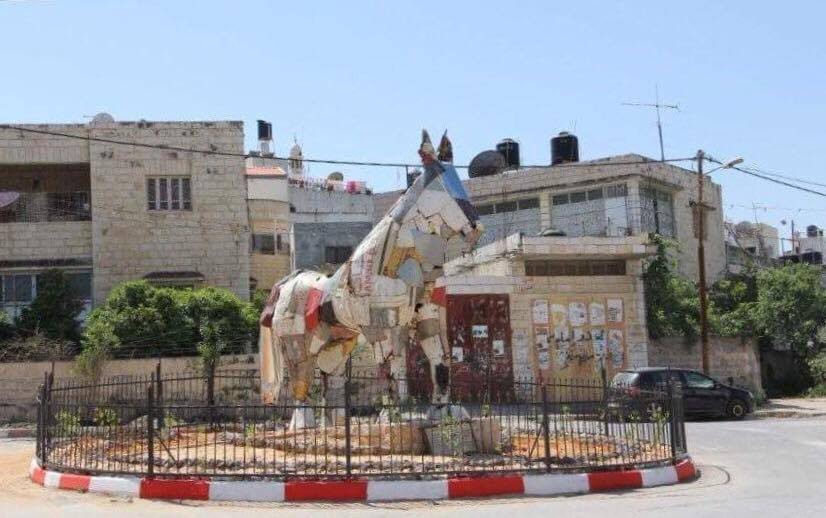Dubai: Its been over 14 years since the levelling of the Jenin Refugee Camp by Israeli occupation forces. Streets have been repaved, houses rebuilt and shops and restaurants have reopened.
Despite the physical reconstruction, the camp’s residents still struggle with deep emotional wounds.
In April 2002, Israeli occupation forces went on a 12-day rampage in the camp. They killed and tortured the camp’s residents, including women, children and the elderly.
They destroyed everything in their path and dead bodies lay in the streets for nearly a week as residents were too terrified to leave their homes and bury their loved ones.
According to the UN reports, at least 58 Palestinians were killed in what some labelled a massacre.
Around 30 per cent of the camp was razed to the ground.
Today, the camp stands as a source of pride and an icon of sacrifice for the Palestinian people.
But many of the camp’s residents say they are still struggling to heal deep emotional scars.
Hana Hassan, a 39-year-old woman and the mother of three recounted her personal tragedy:
“On the fourth day of the Israeli invasion, I got the shock of my life. There were huge bombings and battles going on near our neighbourhood. My husband decided the family should seek shelter in a nearby cave. He told me to take the children and escape from the back door of the house. He said he will follow us and bring some water and food. When I reached the cave, there were many people from the neighbourhood already there. Hours passed and my husband did not return. I decided to go back and look for him. I found him lying down drenched in blood with a water bottle in his right hand and a bag of food in his left hand,” she said.
“It was the worst day of my life and I can never forget it.”
Osayd Abu Al Hatab lost his father on the first day of the invasion. He was only 12 at the time and was playing beside his house.
“All of a sudden Israeli soldiers broke into the camp and started firing live bullets everywhere to scare people away. My father was hit in the head by a stray bullet,” he said. “He died on the spot. I never got to say goodbye.”
Rawan Al Abbsi, 44, told Gulf News of her ordeal when occupation forces went berserk. “Every type of food we had in our house ran out and I had no choice but to go out to a nearby grocer and knock on his door to get some food to feed my four children.
“While knocking on one of the doors, I saw many young Palestinians suddenly come running towards me. They were being chased by Israeli soldiers who were firing rubber bullets at them. Unfortunately, I got hit by a stray bullet in my chest and my right leg. I suffered severe bleeding that caused me to fall unconscious,” she said.
“All I remembered is that I woke up surrounded by doctors. It took me two months to get back on my feet. I will never forget that ominous day. Put yourself in my shoes. If your children are starving before you and you have no food to feed them, what would you do? Only Allah knows how much we suffered during the invasion,” Al Abbsi said.












